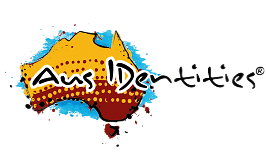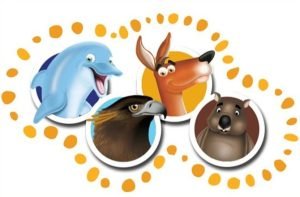People differ from each other in exciting, fundamental ways. That is a given. We hold different beliefs, are moved by different things, perceive “facts” differently and generally behave in ways not always in sync’ with those around us.
Unfortunately, it is sometimes hard to reconcile these differences. We may feel bad about the way we do things or conclude that others are strange, wrong, or just don’t care about us. Instead of seeing the differences in human behaviour as a gift of natural diversity, we often judge people and desire to make them more like us, or try to make ourselves more like them. Either way, we are trying to force people to be something they are not, often at great personal cost. The question then remains as to how to address this problem and look at these differences in a positive light.
Explaining the differences
For centuries, people have tried to understand and describe the differences that make up human personality. From this substantial research, several basic patterns of human behaviour have become apparent.
In 1921, Carl Jung (1875–1961), a groundbreaking Swiss psychologist working in the 20th century identified and discussed different components of personality in his work Psychological Types. Using his ideas and information as their base, the innovative team Katharine Cook Briggs and daughter Isabel Briggs Myers developed Jung’s concepts, going on to identify sixteen distinct personality types. Their now world famous Myers-Briggs Type Indicator (MBTI) remains one of the most significant psychological tests still in use today.
Contemporary psychologist David Keirsey’s work “Temperament Theory” uses the findings of Myers and Briggs in a different way, focusing on the four basic human temperaments and applying a more generic approach to personality type. This strategy is now being used with dynamic results in Michael White’s work, Aus IDentities.
Michael developed this Australian profiling tool in 2005. Simple to use and quick to implement, the program was used initially for school youth. Through understanding and acceptance, children are given a powerful means of gaining the confidence and self-esteem needed to succeed using their own unique talents. Today, teenagers and adults are also well placed to use the advanced version of this tool to achieve similar results.
Understanding our differences makes life easier and more enjoyable
Aus Identities enables you to learn why:
- people approach life so differently
- communication is so easy with some and so difficult with others
- some people are active and others need more quiet time
- work that appeals to another leaves you cold
- we all deal with stress differently
- and more
AusIDentities is a profiling tool suitable for children, teenagers and adults from all walks of life, helping people to celebrate their own unique gifts and talents, as well as appreciating the differences of those around them.







